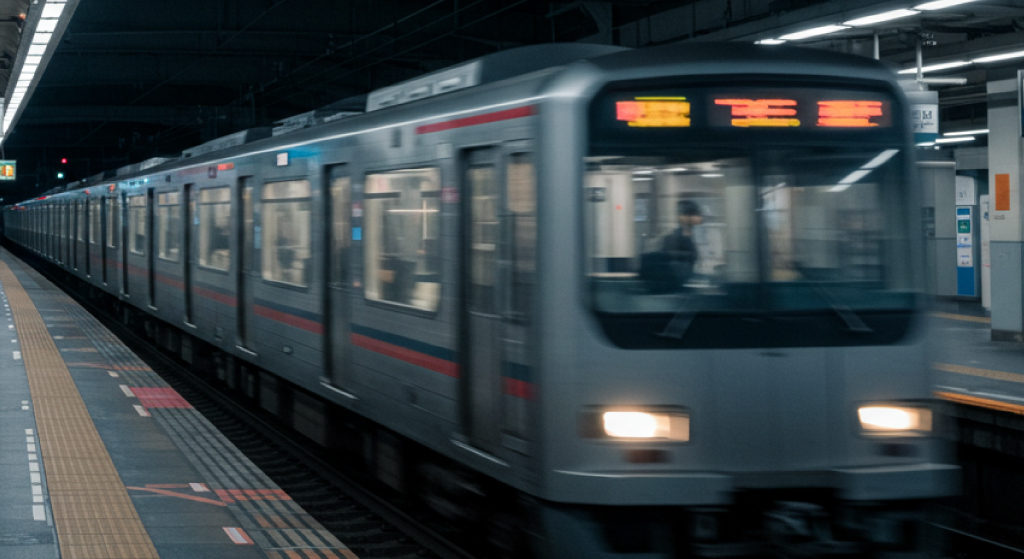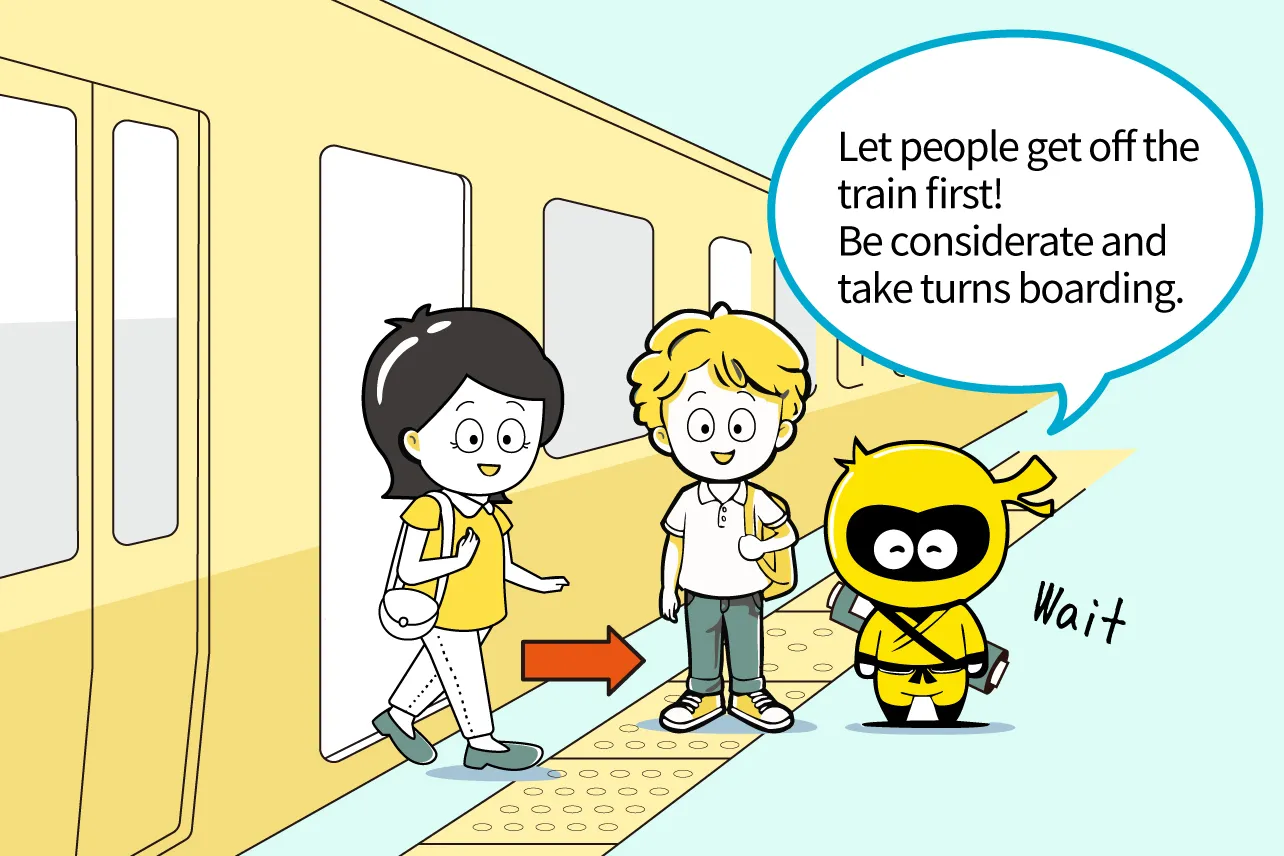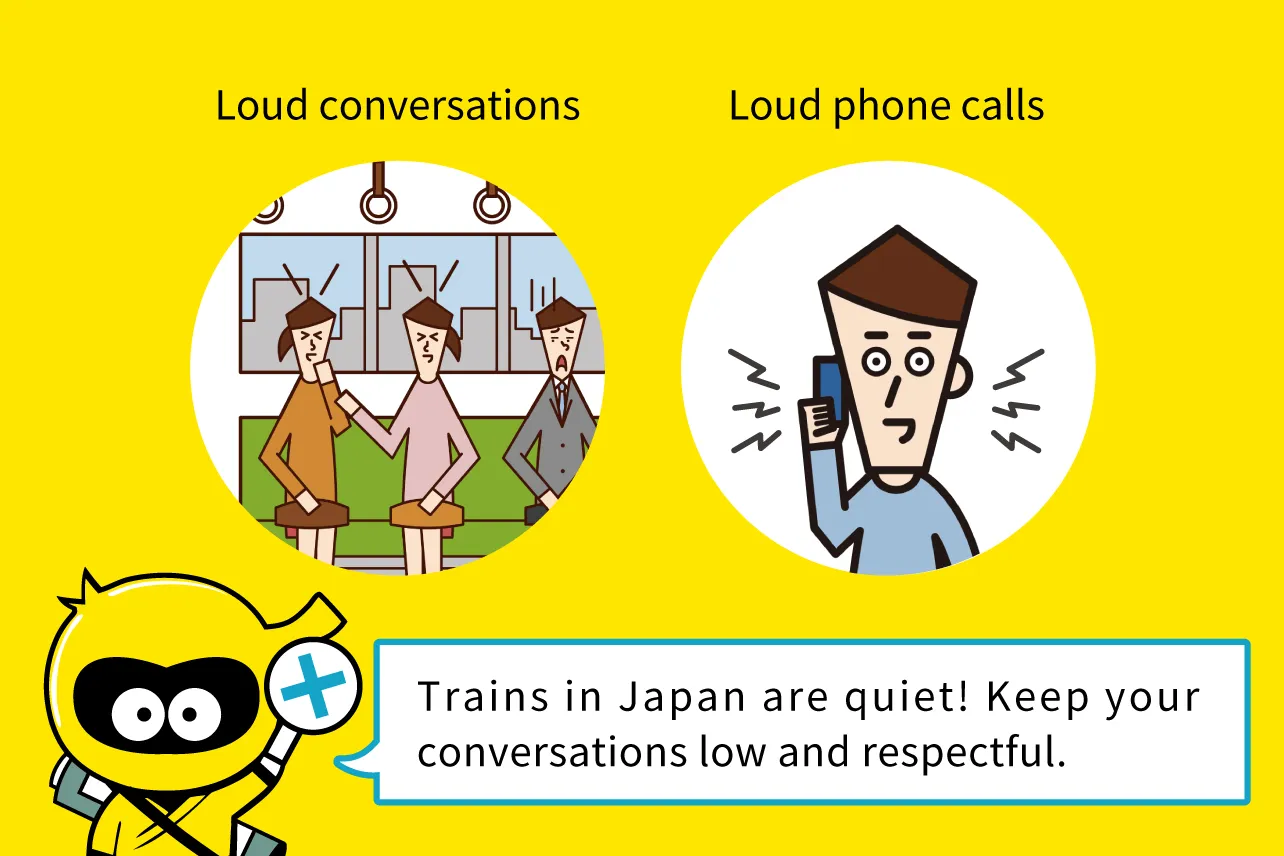

Why Manners Matter in Japan
In Japan, the values of order and harmony in public spaces are taught from a young age. Trains, which are used by many people, are expected to be quiet, and there are unwritten rules in place to avoid conflicts and ensure a smooth ride. When foreign visitors understand these customs, it helps reduce stress and confusion, making travel more pleasant. The global appreciation for Japanese etiquette is growing, especially through social media and travel blogs. Respecting local customs is also a great way to deepen your understanding of Japanese culture.
Let Passengers Off Before Boarding


One key piece of etiquette on Japanese trains is letting passengers get off before boarding. Trying to get on before others have exited can earn you awkward looks. Japanese trains are known for their punctuality, and letting passengers off first helps keep everything running smoothly, even during rush hour. This small gesture reflects the broader cultural values of kindness and cooperation, and it’s a point that every visitor should be aware of. The efficiency of Japan’s transit system relies on these small but important habits.
Rush Hour Crowds & How to Deal With Them
In Tokyo, rush hour trains can get extremely crowded, often surprising first-time visitors. But this level of order is only possible thanks to widespread cooperation and respect for the rules—such as letting others off first and keeping quiet. During peak hours, it’s important to avoid using your phone or carrying bulky bags. The most crowded time is usually between 7:00 and 8:00 a.m., so it’s a good idea to travel outside of this window if you can!
Quiet Please: No Phone Calls or Loud Conversations


Japanese trains are remarkably quiet. To avoid disturbing others, passengers are expected to refrain from making phone calls or talking loudly. Even short phone calls can be considered impolite. Tourists should switch their phones to silent or vibrate mode and avoid disruptive behavior. A quiet train environment makes it easier for everyone to relax, read, or rest during the ride. Understanding and following these guidelines will help you travel more comfortably.
Priority Seats: What They Are and How to Use Them
Priority seats on Japanese trains are reserved for the elderly, pregnant women, and people with disabilities. Offering your seat to someone in need is seen as a sign of consideration and kindness. If you don’t require a priority seat, giving it up when needed shows respect for others and helps foster smoother interactions with locals. It’s a small gesture that goes a long way in respecting Japanese culture.
Smartphones, Earphones, and Noise Control
In Japan, it’s standard etiquette to set your smartphone to silent or vibrate mode in public. When listening to music with earphones, it’s important to keep the volume low to avoid sound leakage. Maintaining a quiet environment in public spaces is deeply valued, and most people are subconsciously careful not to disturb others. For visitors, being mindful of how they use their devices ensures a more pleasant journey—and it’s a great chance to try out some solo entertainment in a respectful way.
Women-Only Cars Exist on Japanese Trains
Some Japanese trains offer women-only cars, especially during rush hour. These cars provide a safe and comfortable space for women, helping prevent unwanted behavior such as groping. While use of these cars is voluntary, men are expected to avoid entering them. Visitors should be aware of this cultural practice to avoid confusion and ensure respectful use of public transport. These cars are an important part of Japan’s safety and public transit culture.
You might be interested in this
Is Eating on Trains Allowed? (With Exceptions)
Eating on Japanese trains is generally discouraged, especially on commuter lines in urban areas. However, there are exceptions. On long-distance trains like the Shinkansen or express trains, eating snacks or bento meals is perfectly acceptable and even expected. It’s important to understand when and where eating is appropriate, as following the rules helps keep public spaces clean and pleasant for everyone—including yourself.
Common Mistakes Foreigners Make on Trains
Some common mistakes by foreign visitors include playing loud music on smartphones, taking up extra seats, or blocking exits with luggage. These behaviors may differ from local expectations and can cause discomfort or even confrontation. Japanese public transport relies on mutual respect and consideration, so it’s important to learn the rules beforehand. Following the etiquette helps ensure a smooth ride and can make your entire trip more enjoyable.




